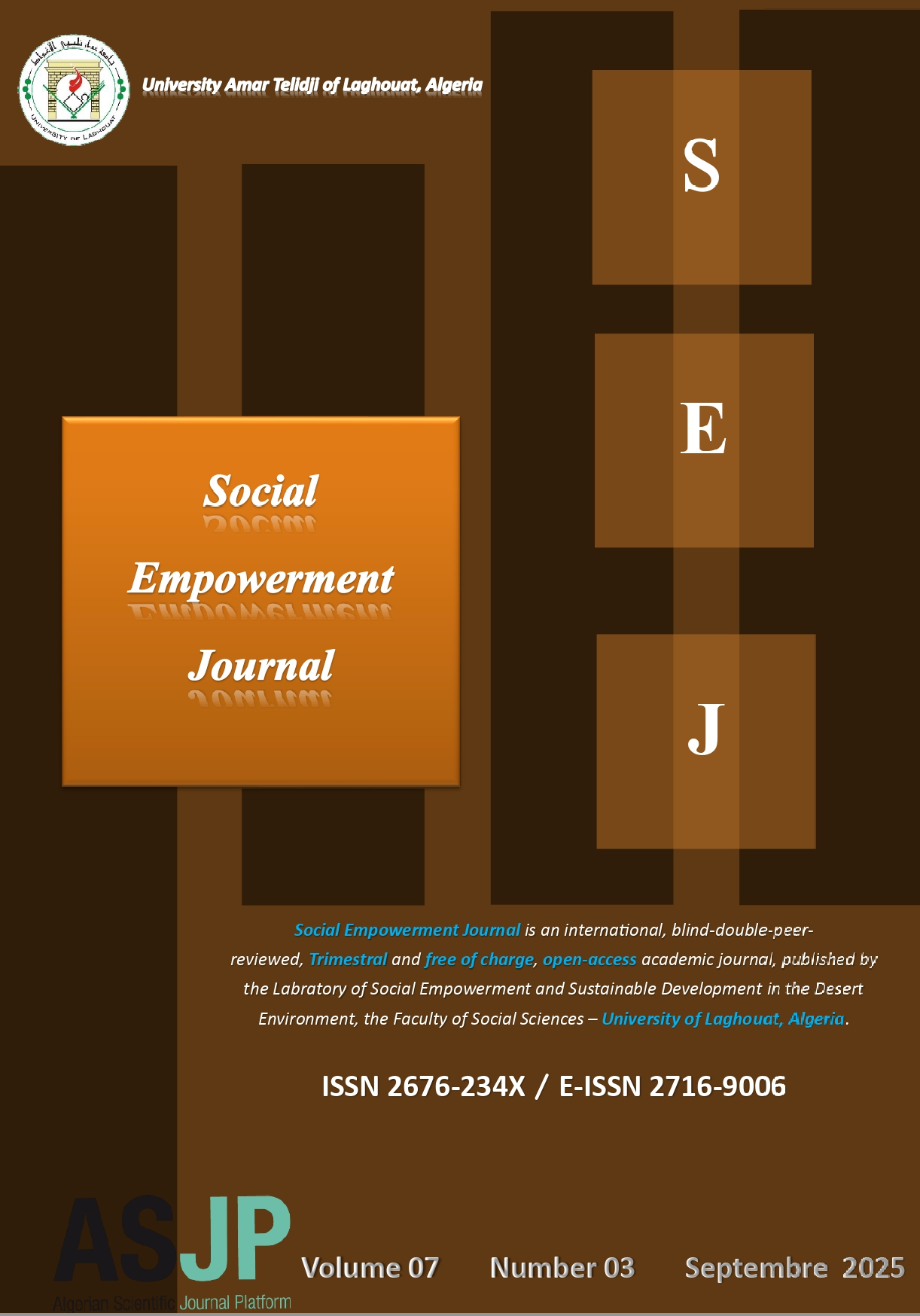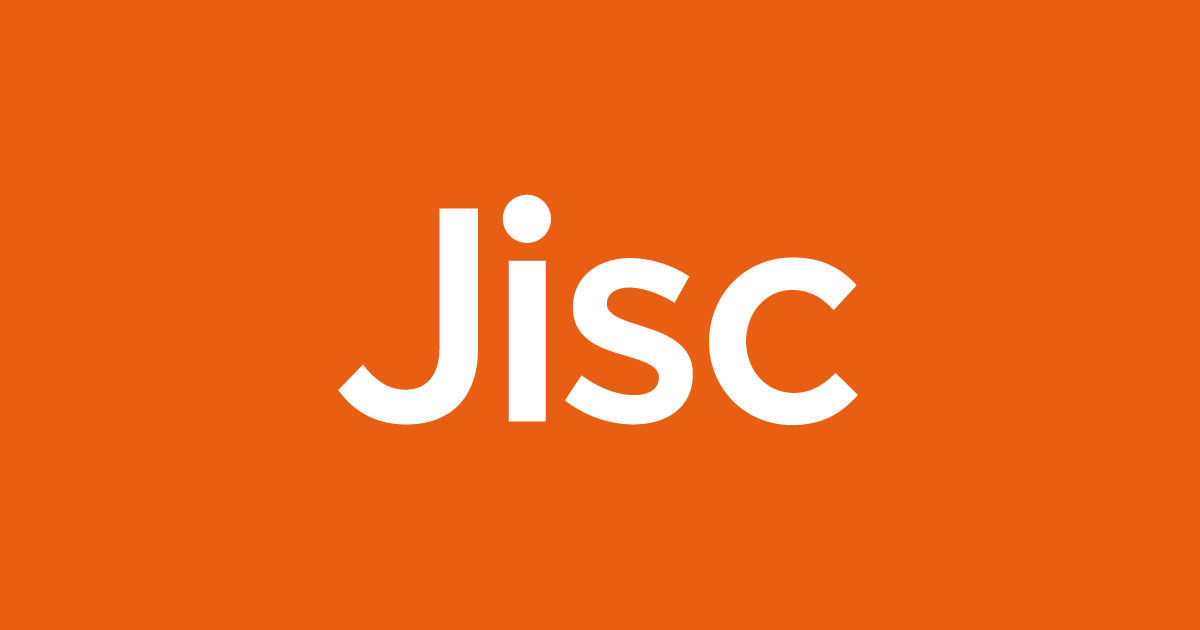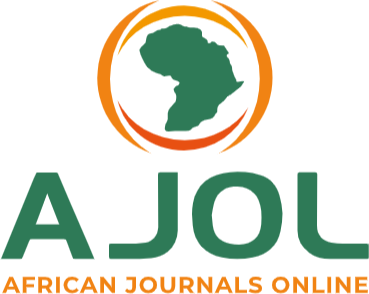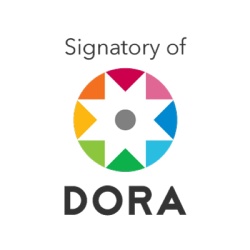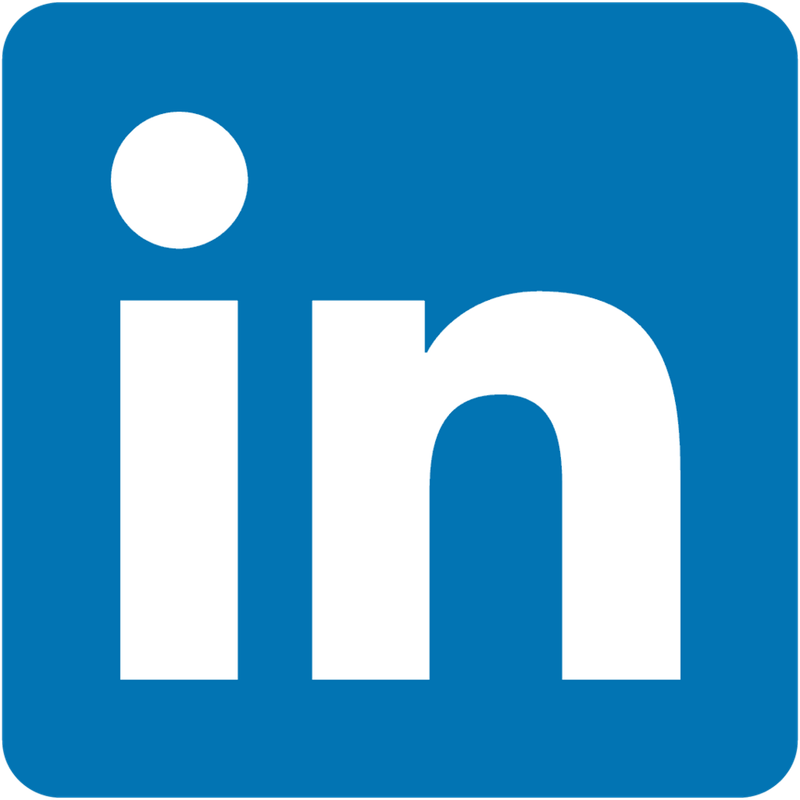Social Media Introduction and Individual Empowerment Opportunities: Measuring Awareness among Residents of Four Cities in Nigeria
Abstract
This work was on the social media introduction and individual empowerment opportunities. It was on the measuring of awareness among residents of four cities in Nigeria. The three main objectives were: To find out the proportion of persons who adapt to the introduction of social media for empowerment opportunities in four cities of Nigeria; To find out the aspect of social empowerment opportunities in which social media introduction has offered to residents of four cities in Nigeria; To find out the main barrier which affect social media contribution to raise empowerment opportunities in four cities of Nigeria. The scope of work was limited to four cities in Nigeria which were Ilorin, Onitsha, Zaria and Jos. The population was taken at 4,877,153 persons and a sample of 800. The instrument of research was a structure questionnaire proportionately distributed to respondents in the four cities. The method of research was through the use of online surveys. The data analysis was through frequency tables with percentages. Findings revealed that 488 persons supported that entertainment was the major aspect of social empowerment gained from social media against health care information, education and politics. Other findings had it that on the barriers of social media to the contributions on empowerment of users, Falsehood had 488 or (61%). This is the most significant barrier identified, accounting for more than half (61%) of the total responses. It suggests a major trust deficit in the content of radio broadcasting or adult education messaging. Individuals possibly perceive social media content as inaccurate, misleading, or propagandistic. The data highlights that content credibility, audience literacy, and socioeconomic/cultural factors play major roles in the effectiveness of radio broadcasting and adult education. The findings was also that social media restricted access due to false contents affect empowerment in as much as cost which should be considered by subsidization or free access models while programs should be culturally sensitive and, where appropriate, involve religious leaders or integrate educational content in religious programming formats. Sensitization campaigns can also address misconceptions caused by religious biases. Recommendations are that addressing these barriers through targeted strategies will enhance outreach and impact, especially in the Nigerian context where radio remains a vital tool for mass communication and education. The conclusions had it that there is a clear need for digital literacy programs, affordable internet access, and awareness campaigns that educate users about the productive use of social media—especially in underrepresented or underserved communities. There is also a need for audience feedback mechanisms and verification of facts to counteract misinformation.
Downloads
References
Adebayo, B., & Morah, C. (2021). Social media and youth mobilization: The #EndSARS protest in Nigeria. African Journal of Media and Society, 15(2), 112–130.
Adeleke, O., & Ogunshola, B. (2021). Bridging Nigeria’s digital divide: Issues and policy recommendations. Journal of African Technology Studies, 7(1), 33–48.
Aina, O. O., & Ojebuyi, B. R. (2020). Digital inclusion and participatory development: Exploring social media access and use in Nigeria. Journal of African Media Studies, 12(1), 45–60.
Agina-Obu, R., & Okwu, E. (2023). Impact of digital literacy on university students’ use of digital resources in Nigeria. Asian Journal of Information Science and Technology, 13(2), 60–65.
Akpan, U. U. & Udo, B. (2024). Social media augmentation of political activities and knowledge-gap of electorates: An appraisal of public opinion in select states of Nigeria Journal of Contemporary Social Science and Education Studies 4(2).
Anderson, J. (2025). TikTok: Social media dynamics and user engagement. Journal of Social Media Studies, 14(3), 45-60.
Brown, M. (2025). Flickr’s influence on photography sharing in the digital age. Visual Media Journal, 18(4), 101-110.
Brown, M., & Wilson, P. (2025). Accessibility and mass media versus social media. Media Access Quarterly, 10(2), 20-30.
Clark, R. (2025). Mix and content curation in contemporary social media. Content Marketing Review, 11(4), 33-45.
Davis, S. (2025). Snapchat demographics and marketing potential. Mobile Social Insights, 9(2), 58-70.
Dahunsi, F. T., & Ojo, A. (2024). Computer self efficacy and use of social media by undergraduates in private universities in Ogun State, Nigeria. International Journal of Research in Library Science, 10(2), 32–47.
Dafoe, A. (2015). On technological determinism: A typology, scope conditions, and a mechanism. Science, Technology, & Human Values, 40(6), 1047–1076.
Drew, R. (2016). Technological determinism. In A companion to popular culture (pp. 165–183).
Egbunike, N., & Olorunnisola, A. A. (2015). Social media and political participation in Nigeria during the 2011 general elections. Journal of African Media Studies, 7(3), 281–294.
Johnson, L. (2025). Pinterest as a visual discovery engine for marketers. Marketing Today, 16(3), 44-55.
Katz, E., Blumler, J.G., & Gurevitch, M. (1974). Uses and Gratifications Research. Public Opinion Quarterly, 37(4), 509–523.
Kaplan, A. M., & Haenlein, M. (2010). Users of the world, unite! The challenges and opportunities of social media. Business Horizons, 53(1), 59–68.
King, A. (2025). Viber: Communication in the VoIP age. Tech Communications Quarterly, 7(1), 15-25.
Lee, H. (2025). Tumblr’s unique place in the blogging world. Internet Culture Journal, 13(4), 66-78.
Martin, G. (2025). BizSugar and social media for small business owners. Small Business Trends Journal, 12(3), 60-73.
Miller, K. (2025). WhatsApp’s role in business communication. Global Messaging Reports, 15(2), 40-50.
Moore, S. (2025). WeChat: A comprehensive study of multifunctional messaging apps. Telecommunications Review, 20(1), 89-100.
Okon, G. (2020). Digital communication and civic engagement in Nigeria: Exploring Twitter's influence. International Journal of Digital Communication, 6(2), 92–108.
Ojebuyi, B. R., & Salawu, A. (2021). Social media for empowerment or entertainment? Understanding patterns of use and implications for digital inclusion in Nigeria. Journal of African Media Studies, 13(2), 211–229.
Shirky, C. (2011). The political power of social media: Technology, the public sphere, and political change. Foreign Affairs, 90(1), 28–41.
Smith, R. (2025). LinkedIn: Professional networking in the 21st century. Business Networking Journal, 25(1), 12-25.
Smith, R., & Adams, T. (2025). Transparency and immediacy in social media communication. Digital Media Trends, 14(3), 5-15.
Taylor, D. (2025). Reddit’s rise as a community-driven social platform. Social Networks Review, 17(2), 52-63.
Uchenna, E. C., & Osuagwu, A. A. (2022). Digital entrepreneurship and women's empowerment in Nigeria. African Journal of Business and Economic Research, 17(1), 117–135.
Ukachi, N. B, & Nwanna C. R. (2021). Social media as information and communication tool for socio-economic empowerment of undergraduate students in Nigeria. COVENANT JOURNAL OF LIBRARY AND INFORMATION SCIENCE, 4(2).
Walker, J. (2025). Medium and the art of long-form content. Content Creation Today, 21(1), 30-40.
Wilson, P. (2025). Building expertise using Quora. Online Knowledge Sharing, 12(4), 75-85.
Young, M. (2025). Digg: News aggregation in the digital era. News Media Quarterly, 11(4), 22-31.
Akpan, U. U. (2022). Social media and citizens' participation in e. governance of Edo and Imo states of Nigeria. ResearchGate. https://2cm.es/1bILc
Fab-Ukozor, N., & Ojiakor, I. C. (2020, August). Social Media and Youth Empowerment: An Empirical Inquiry. ResearchGate. https://2cm.es/1gnO1

This work is licensed under a Creative Commons Attribution-NonCommercial 4.0 International License.

